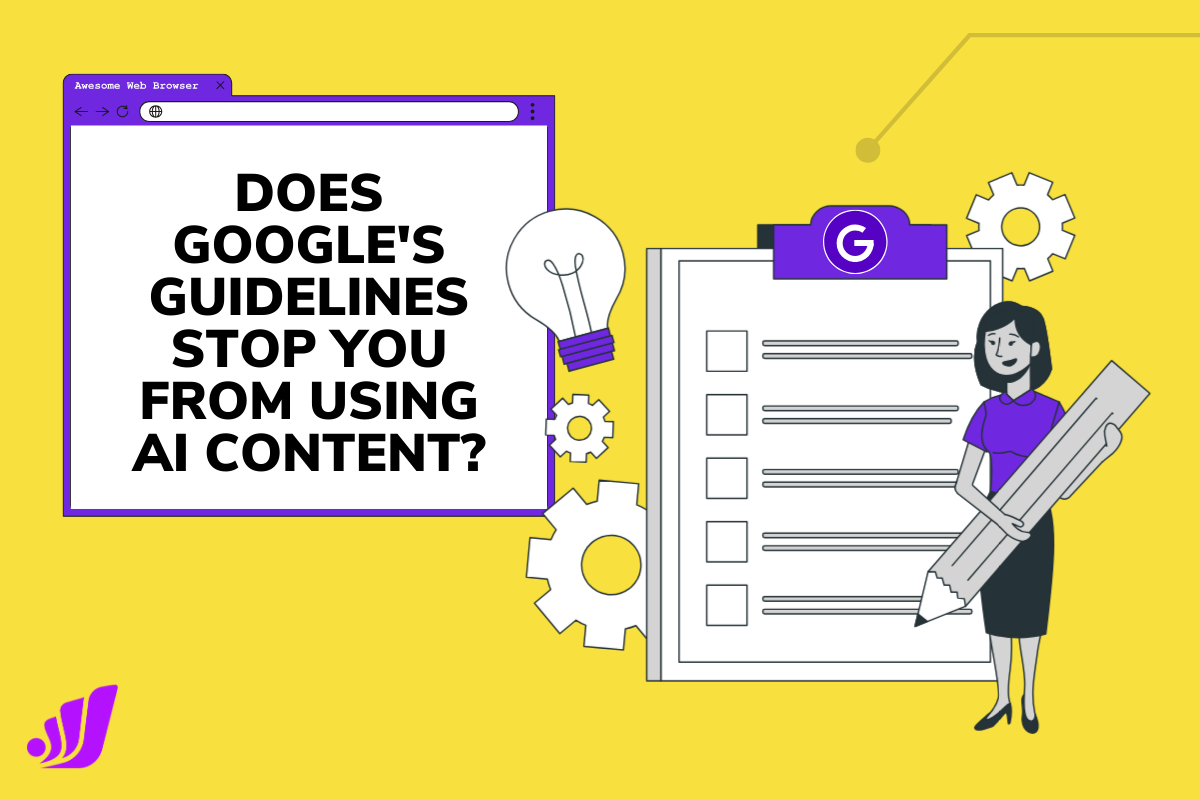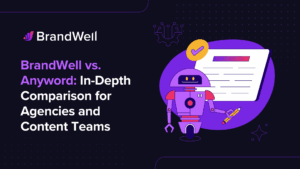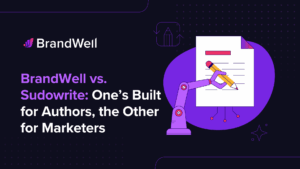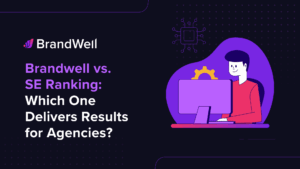With Google Trends showing ‘AI content detector’ as a breakout topic, it is not surprising that website owners are growing increasingly anxious about whether this content is safe to use.
Is Google secretly working on an update to penalize this flood of machine-generated content? Is AI content against Google’s guidelines?
One thing we can’t speculate on is that Google has rules that it will continually tighten to stop those bent on gaming its systems. Those rules are summarized in the Google Search Essentials, formerly known as Google Webmaster Guidelines.
After all the effort it takes to rank a page, no one wants to wake up to the sound of crickets after a Google penalty has wiped their traffic overnight.
Hopefully, to allay your fears, this article will look at Google’s stance on AI-generated content. We will look at what Google’s guidance is on automation and what in its eyes is helpful, people-first content.
Let’s dive right in.
What are Google Webmaster Guidelines?
Google Webmaster Guidelines, now known as Google Search Essentials, are a set of rules and best practices that webmasters must meet for their webpages to be eligible to appear in Google search.
These guidelines are broken down into three core areas:
- Technical requirements.
- Spam policies.
- Key best practices.
Note, however, that Google does not guarantee that meeting search essentials alone will see your pages crawled, indexed, and served to searchers. You will still have to make your URLs discoverable and optimize your content for the right searches.
More importantly, if you are considering using AI writers to scale content production, your content must satisfy Google’s high demands on quality if you want that content to be served to users.
That brings us to the question you are asking:
Is AI Content Against Google’s Guidelines?
Google is not against AI content. According to its most recent guidance on AI content, it has no policy against automation or the use of AI in generating content. This is of course a revision of Google’s previous position on AI-generated content.
The search engine now says it does not care how your content is produced. Its only concern is the quality of that content.
Google wants the content it serves its users to be full of helpful information. It has never made a secret of this fact. It adds that such content must demonstrate four critical qualities:
- Expertise.
- Experience.
- Authoritativeness.
- Trustworthiness.
In essence, Google wants you to know what you are writing about and to put the reader first.
If your AI-generated content passes Google’s strict evaluation, it may well rank for its target keywords. Otherwise, the search engine may simply deem the content not good enough to serve to its users. Your pages will simply not rank.
As a principle, Google does not penalize poor-quality content. It does not reward it, period. So whether the content is written by AI or by a human writer does not matter.

AI is actually at the heart of how Google’s systems work. The search engine is a heavy user of AI and believes there is scope to use it in exciting new ways to generate helpful content, citing live scores and weather forecasts as progressive use cases.
Google is, however, quick to remind us that there are uses of AI that go against its guidelines. Specifically, Google considers all content created with AI for the goal of manipulating search rankings to be spam.
Understanding the Type of AI Content Google Considers Spam
Google considers any content that is created to deceive search engines and manipulate search engine rankings to be spam. That content can be human or AI-written.
The search engine has automated systems for detecting and penalizing this content. Its SpamBrain system was created specifically for this purpose.
Spammy tactics that will trigger Google’s spam filters include keyword stuffing. This is the practice of adding too many keywords to a page in an attempt to boost its ranking on search engines.
Cloaking, which is a technique where you hide content from users while still allowing it to be indexed by search engines, is another spammy tactic frowned upon by Google. Presumably, you would hide it from users because you know it does not serve their needs.
Another abuse of AI content writing technology Google is against is creating doorway pages. These are automatically created pages that provide little to no value but exist solely for the purpose of manipulating search engine rankings.
Using automated programs such as bots and scrapers to create content is another misuse of AI that may result in penalties if detected by Google’s algorithms. So will engaging in negative SEO tactics such as creating fake reviews or building malicious backlinks.
In truth, though, it’s hard to create content and not know that it is spam. If you are not sure, look for these characteristics of spammy content:
- Contains keywords but makes no sense to the reader.
- Automatically generated with no regard for user experience.
- Stitches information from different sources without adding any value.
In general, AI content requires some level of human optimization and editing to fully address reader needs.
Is AI Content Good for SEO?
Any content that is thoughtfully created to help users, whether by humans or with the help of AI tools, is good for SEO.
AI is in fact not the enemy. What gives it a bad name are webmasters that think it’s there to take all the work off their shoulders and, therefore, neglect their oversight role.
Used responsibly, AI can unlock significant SEO gains. It can help you create unique and interesting articles quickly and cost-effectively, without having to spend time researching or writing them yourself. You can use the saved time for tasks that you can’t automate, like building links.
When using tools like BrandWell, AI-generated content can also be easily optimized around your desired keywords and phrases, which will improve its search performance.
For example, if you are looking to rank higher for the keyword “SEO”, BrandWell will generate content that is tailored specifically to this term and related keywords. This type of targeted optimization will ensure that your content shows up for searches relevant to your business.
Using AI writers also helps to reduce human error when creating content as they are programmed with algorithms designed to produce quality work.
In addition to helping optimize websites for certain keywords and phrases, AI-generated content also provides valuable insights into user behavior and preferences.
By analyzing data from various sources such as social media platforms and search engines, AI writers can determine what types of topics users are interested in reading about most often.
With this information at hand, businesses can tailor their SEO strategies accordingly, focusing on topics that appeal directly to their target audience.
Can AI Writing Be Detected?
AI writing can be detected in several ways. One of the most common methods is by analyzing the text itself, checking for unnatural language or sentence structures.
AI programs use algorithms that produce text patterns and word probabilities that can be easily detected. For example, an AI program may generate sentences with too many adjectives and adverbs or written in a predominantly passive voice, which would stand out from a human-written article.
Some AI programs will also repeat words or phrases multiple times within a single paragraph, making it easy to spot as artificial content.
Although AI writing has become increasingly sophisticated, Google’s algorithms can still detect when content is generated by an artificial intelligence system.
Since Google’s position on AI content may yet change again, it is strategic to make sure all your content passes AI detection, including text that you write yourself. Before you publish your articles, be sure to run them through an AI detector first.
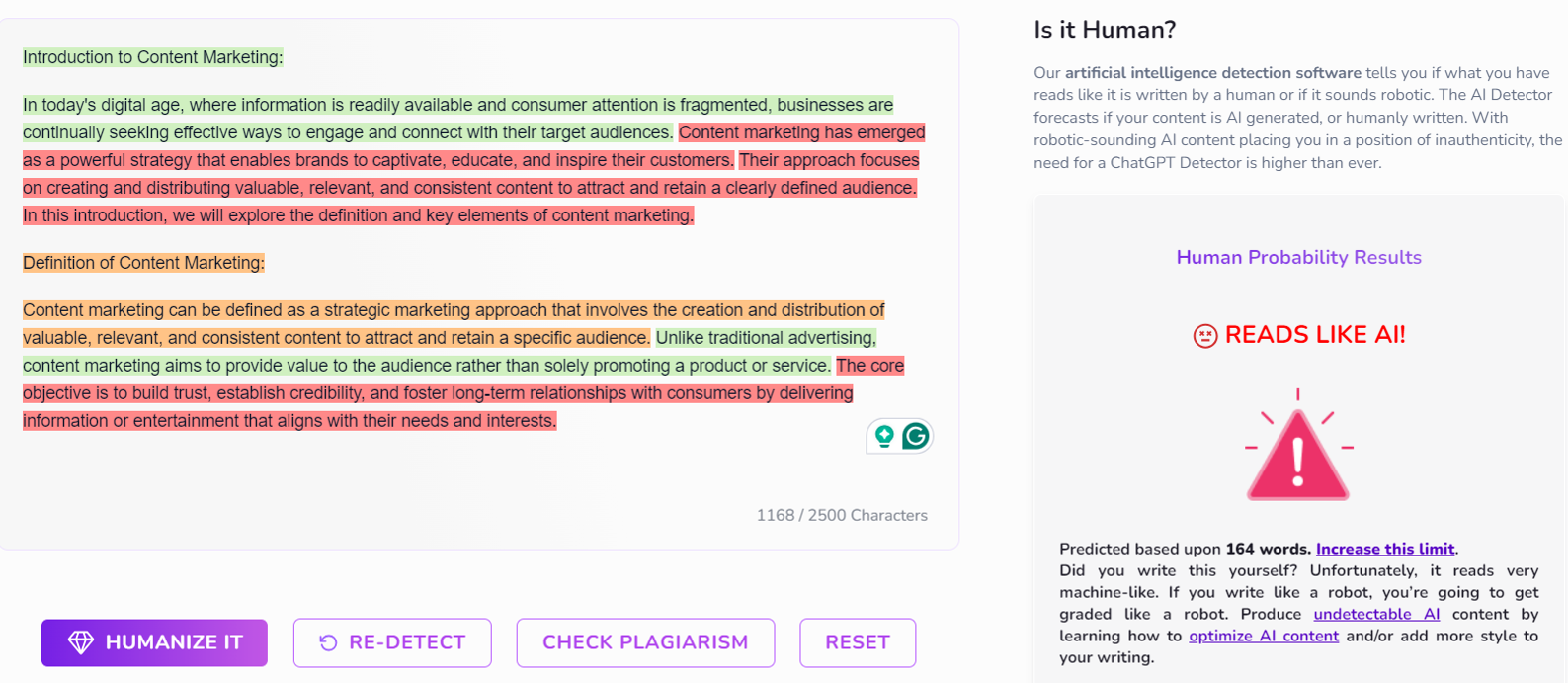
Want to check if your AI content is detectable before publishing? Use the BrandWell AI detector, which is trained on billions of pages worth of data to scan for the latest language generators and catch all traces of artificially generated content.
Using AI Writers Responsibly and Efficiently
With AI writers hitting the mainstream, it is now easier and cheaper to scale content production. But it’s worth remembering that AI content produced without regard for the reader or some level of quality control by a human ultimately fails the Google stress test.
To respect the reader’s needs means editing AI content so it reads well and meets search intent. When you edit and optimize your AI content, it’s crucial that you do it for your readers and not solely to improve its ranking potential.
Aim to improve the reading experience and maximize the value of your content by cutting fluff, verifying facts, and evaluating the sources cited in your content.
Our AI writing tool produces an excellent baseline that’s already good enough to publish for some website owners. But we believe this human intervention makes AI content significantly better.
Human editing and optimization turn AI content into factual, value-packed content that reads naturally, is well-optimized for SEO, and is undetectable as AI-written.
And you know what’s great about that? Both readers and Google love such content. Between the two of them, there is not a care about how that content was produced. None whatsoever.
But with so many different AI writers available, it can be difficult to know which one is best for your needs.
Choosing the Best AI Writer for Your Needs
We have gone from just a few AI writers on the market to too many to count. All of these tools claim to be the best at what they do. Heck, some claim they can write just about anything. So how do you know which one is the best for the content you produce?
Quality Over Quantity
When choosing an AI writer for long-form informational articles, quality trumps quantity. While some services may offer cheaper rates based on word count or number of pieces produced per month, this doesn’t necessarily mean they will provide good-quality content.
Investing in a good quality AI writer now could save you time and money down the line by avoiding costly revisions or rewrites due to poor grammar or inaccurate information.
Don’t take the Google position that they don’t mind you using AI to write your content as tacit approval to publish shallow, ho-hum content at scale.
Unless you are writing about something completely novel, of which most AI writers wouldn’t be trained in anyway, Google already has good quality content ranking for your target keywords. You are not going to outrank those pages with mass-produced, unedited AI content you have not put any thought into.
Fit for Purpose
Before you choose an AI writer, know what its capabilities are and compare those with your intended use for it.
For example, some are great for writing marketing copy, while others are good for short-form writing. Choosing any of these to write long-form informational articles is not going to produce the best results.
At BrandWell, we are clear about what our AI writer is great at, which is writing long-form informational articles. We believe it is the best at that type of writing and many of our customers agree.
Advanced Features and Functionality
Talk is cheap. Every AI writer eventually has to be tested on its claims. And how well it fares depends on its features and if those work as well as they should. Do those features save you time and improve the final product in significant ways?
BrandWell is designed with content features that make sense for long-form articles. Think; click to tweet links, key takeaway boxes, and a table of contents. It even comes with a WordPress plugin that publishes articles on your WordPress site without leaving the AI writer.
We believe our tool produces the best baseline for a long-form article that takes you the least time to edit and optimize. Long-form AI writing for informational articles is our bread and butter. We don’t claim to be the best at other forms of writing.
Google Can Surface Helpful, People-First Content, Human-Written or AI-Generated
With every update, Google Webmaster Guidelines have always been clear on what its standards are for content that is eligible for indexing and good enough to rank for the targeted keywords.
We know the type of content that does well on Google Search puts readers first. It is content that answers readers’ questions clearly and fully. It is, in Google’s own words, helpful content.
So if your focus is on the reader and what they want, you should not worry about Google because the quality side of your content takes care of itself. In fact, you should not worry about its ranking because if the technical side is up to standard, it likely will rank.
Poor content that does not put readers’ needs first isn’t defined by whether a human or a machine wrote it. The internet was choking on poor-quality human-written content long before AI content was a thing. Google never considered banning it from its index. There’s probably more of it than there’s poor-quality AI content.
This is why Google made the smart decision to simply focus on the quality of content and not how it’s produced. The search engine has robust systems for separating good quality from poor quality content.
So, instead of fighting AI, expect Google to make it even harder for spammy, poor-quality content to squeeze through its filters. It’s a task it has performed remarkably well and on the back of which it has built a trillion-dollar business.

